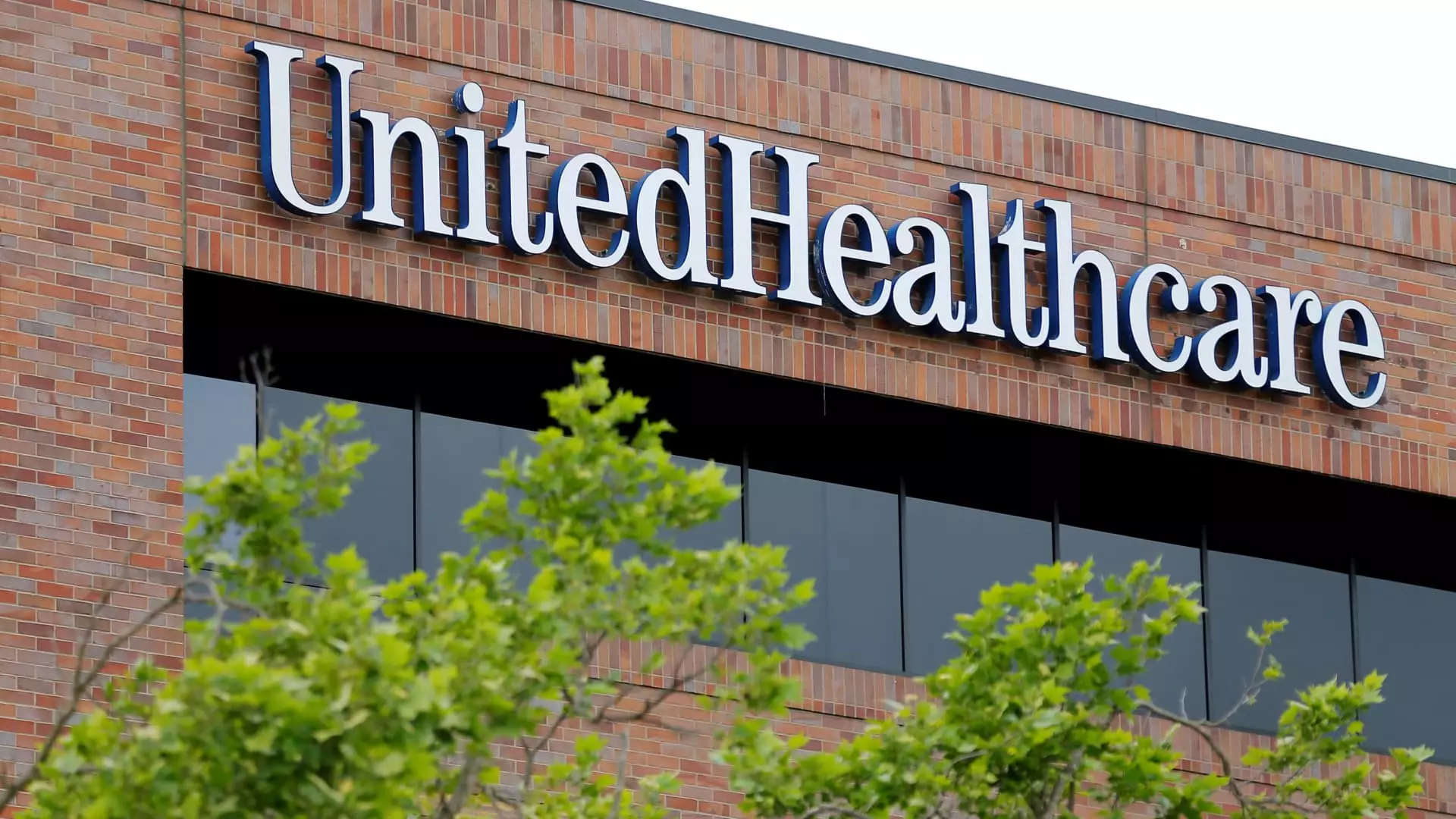UnitedHealthcare, a titan in the insurance industry, finds itself enveloped in a vortex of controversies and challenges, raising questions about its operations and future. The recent barrage of issues, including a burgeoning government investigation into its Medicare billing practices, potential layoffs, and a high-profile public spat with billionaire investor Bill Ackman, paints a grim picture of the insurance giant’s stability and integrity. This situation underscores the severe implications that can arise when a healthcare conglomerate, which wields considerable influence over America’s medical landscape, engages in practices that attract scrutiny.
At the heart of UnitedHealthcare’s current predicaments is a civil fraud investigation initiated by the Department of Justice, which scrutinizes the company’s billing practices for Medicare Advantage plans. Reports suggest that the inquiry revolves around allegations that UnitedHealthcare has exaggerated patient diagnoses to secure higher reimbursements. This investigation is not merely an isolated incident; it follows previous investigative pieces that highlight the questionable nature of the diagnoses for which Medicare has financially compensated the company.
The implications of such allegations are profound. They not only threaten the company’s financial standing but also pose significant ethical questions regarding patient care. Medicare Advantage plans, which are designed to offer supplementary benefits to seniors, are supposed to provide accessible and necessary healthcare. If the charges prove valid, they could suggest that the company jeopardizes patient care for the sake of profit, undermining the very foundation of trust that patients need to have in their healthcare providers.
The stock market’s response to these controversies has been markedly negative, with shares of UnitedHealth Group plummeting approximately 23% over the past three months. The latest drop, which saw a 9% decline following the news of the investigation, indicates a lack of confidence among investors. Analyst Ben Hendrix from RBC Capital Markets categorized the ongoing investigation as an “incremental overhang,” suggesting that although it may not lead to immediate financial repercussions, the uncertainty surrounding the case could deter potential investments in the short term.
The financial implications of such inquiries can range widely. While the investigation may not yield immediate consequences, the prolonged uncertainty can create a financial quagmire that limits UnitedHealthcare’s operational capabilities. In competitive markets, the ability to adapt swiftly is paramount; however, reputational damage can linger and influence strategic decisions for years.
In a bid to manage costs, UnitedHealthcare has resorted to employee buyouts and hinted at possible layoffs if certain resignation quotas are not reached. The decision to downsize during a period of heightened scrutiny reveals a desperate attempt to stabilize finances in light of previous financial struggles. Such decisions can severely impact workforce morale and the overall company culture, especially when employees feel insecure about their positions during turbulent times.
Transitioning towards digital technology might be a step forward in efficiency, yet it cannot substitute the human touch that plays a crucial role in healthcare services. As the company tightens its belt, the balance between cost-cutting and the provision of adequate healthcare services must remain a priority; otherwise, it risks severing the vital connections between insurers and the communities they serve.
Adding to the tension surrounding UnitedHealthcare is the clash with Bill Ackman, a renowned investor who publicly criticized the company regarding allegations that it refuted medically necessary procedures. His decision to back a physician embroiled in a legal dispute with the company demonstrates the broader concerns surrounding UnitedHealthcare’s ethical practices. Ackman’s demand for scrutiny from the Securities and Exchange Commission illustrates a lingering distrust from the investment community that could amplify negative perceptions of the company.
This debacle follows other critical incidents, including the shocking death of UnitedHealthcare’s CEO, which ignited significant debate about the healthcare industry’s practices. The accumulation of these events fosters a public backlash against the insurance giant, amplifying calls for reform and greater oversight in the sector.
As if the internal challenges weren’t enough, the fallout from a significant cyber attack on UnitedHealthcare’s subsidiary, Change Healthcare, has further complicated matters. The breach jeopardized the protected health information of roughly 190 million individuals, leading to significant remediation costs. The financial toll from this cyberattack, estimated at over $3 billion, underscores risks that all major health organizations face in the digital age.
The convergence of operational, ethical, and cybersecurity crises paints a daunting portrait of UnitedHealthcare’s current standing in the market. With the specter of government scrutiny, internal restructuring, and public dissatisfaction looming overhead, the path ahead for the insurance giant appears fraught with obstacles. Their future reliance on reform, transparency, and fortified security measures will play an essential role in restoring trust and stability in a beleaguered healthcare landscape.

